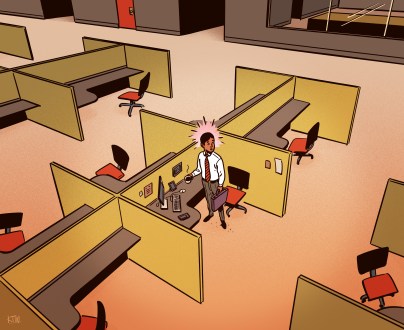Introducing Britain’s skills crisis
Did you know: Britain trails well behind other countries such as the US, Germany and Poland when it comes to educating its workforce? Did you know: the number of young people not in employment, education or training has risen by around 40 per cent over the last decade? Did you know … oh, you get the idea. All the statistics, and more, are in the booklet on Britain’s Skills Crisis that is included in this week’s Spectator. For CoffeeHousers who don’t buy the magazine (although you should, etc – purchasing options here), you can read the supplement for free via this snazzy, page-turning whatsit. We’ll also put one or two



